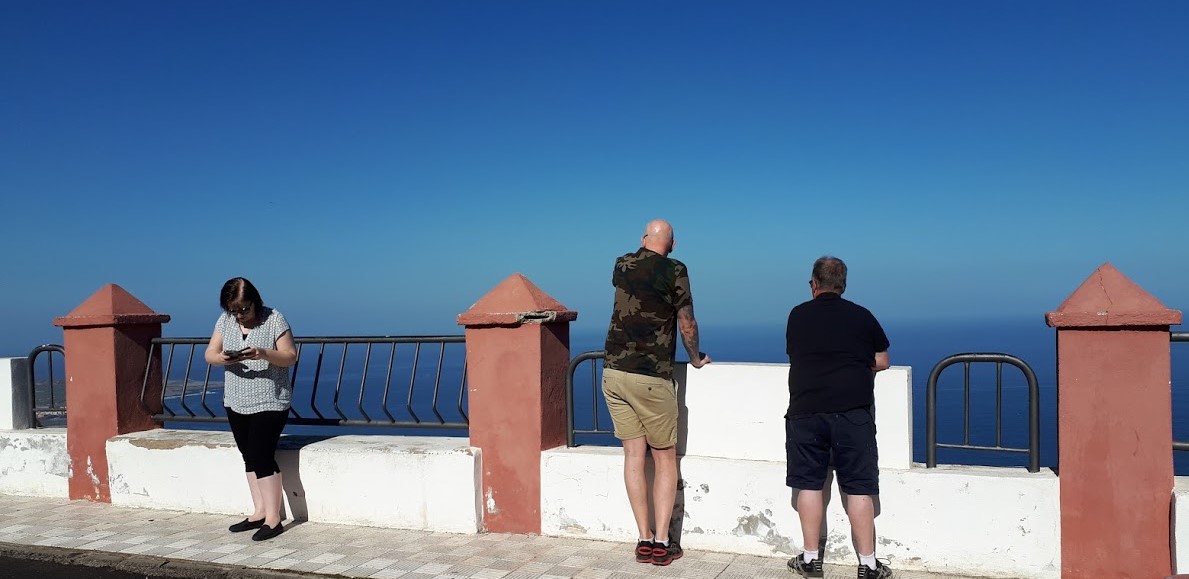
Every time someone or something pushes one of your buttons, you have 1/10 of a second to choose if you are going to act on the trigger or not. Facilitators of Open Space Technology and Whole Person Process Facilitation learn to be aware of this process and talk about “sitting on their hands”. They could, if not ruin, at least damage or alter the result of a meeting by allowing their own feelings and sour points to take a leading position in the meeting.
Noticing Your Reactions
Think about a situation where you have just invited people to create the agenda in an Open Space Technology meeting. You have arranged everything nicely on the agenda wall with one square for each timeslot, post-it notes to match and a nice basket with markers in the center of the circle. Your assumption is that this will all help people to more easily get an overview of their agenda and make decisions about which topics to discuss. People start to write topics and post them on the wall and suddenly all your order is gone. The markers are spread across the room, the topics are posted wherever there has been an empty space and nothing is as you had planned. You look at this mess and feel hurt, because your intention to help people and your assumption about the best way to do it, just went out the window. In that instant, when your feeling hits your stomach and you still have not understood why and how it happened, you have a choice to make. Will you be able to sit on your hands and decide to take care of your feelings later or will you start to rearrange the agenda wall as you had intended it to be?
The situation above will probably not lead to a damaged meeting, but if you instantly choose to correct the participants´ agenda creation, you will tell them something about what is allowed and not, which might disturb their free creative mind later in the meeting. Learning to not immediately act on to emotional triggers is essential for facilitators and leaders. Not acting is not the same as avoiding or pushing away the emotions. They might come with some important learning. Sitting on your hands means to not act on your emotional reaction right then and there, but to make a note to self to look at what happened later when you are on your own.
Becoming Conscious of Your Responses
You can learn to be more conscious about this process by looking at your buttons. What are the topics that are especially close to your heart? What are your needs of structure, security, change or chaos? What are your hopes for respect, recognition, achievements? Answering some of these questions might uncover at least your most obvious buttons or wounds and there will always be others that are so close to you, that you will not be aware of them until they hit you in a situation where you want to stay calm and balanced. If noticing is part of your leadership capacity, you might in that millisecond be able to allow yourself to just notice and not act in any other way.
The capacity of noticing is essential for leaders´ and facilitators´ ability to lead. It will help them become comfortable with uncertainty and not fall into the trap of trying to be in control. Noticing is to step into the role of the observer, someone who pays close attention to what happens in the inner and outer surroundings so they can understand, discriminate, see connections and relationships, and based on that make good decisions.
Building Your Muscles for Noticing
Learning to notice is a mental workout, a challenge especially if you are a doer and used to always be the problem solver for yourself and others. The capacity of noticing is enhanced by training in as many diverse situations as possible. In the Genuine Contact Foundational workshop of Holistic Leadership Development, we increase our noticing capacity so we can use it in our daily work as leaders and facilitators. In the Scandinavian Holistic Leadership Development workshop, we use nature combined with urban areas as a resource and classroom for increasing the noticing and other leadership capacities. You will have plenty of space and time to uncover your own leadership and strengthen capacities that help you to stay centered in your work. For more information go to



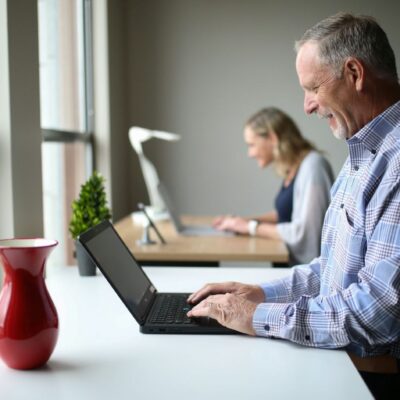

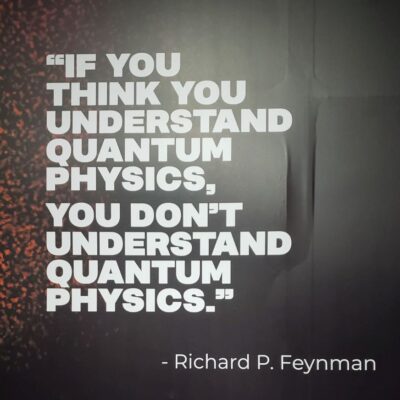

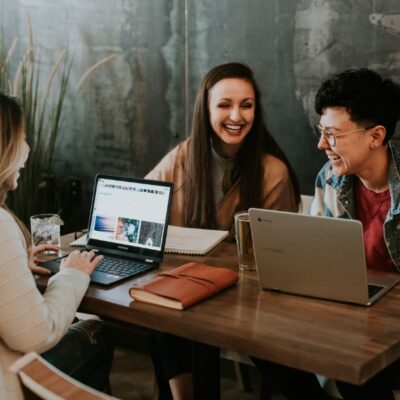
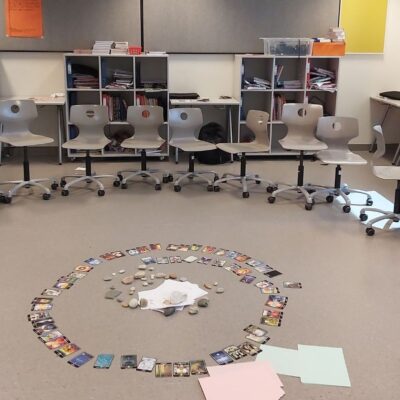
Elisabeth Tepper
Dear Eiwor,
You made me smile, thinking of all the times things don’t go the way I want them to. And what about online meetings ad trainings????
So our greatest job is to apply “Whatever happens…”
With so much love and gratitude,
Elisabeth